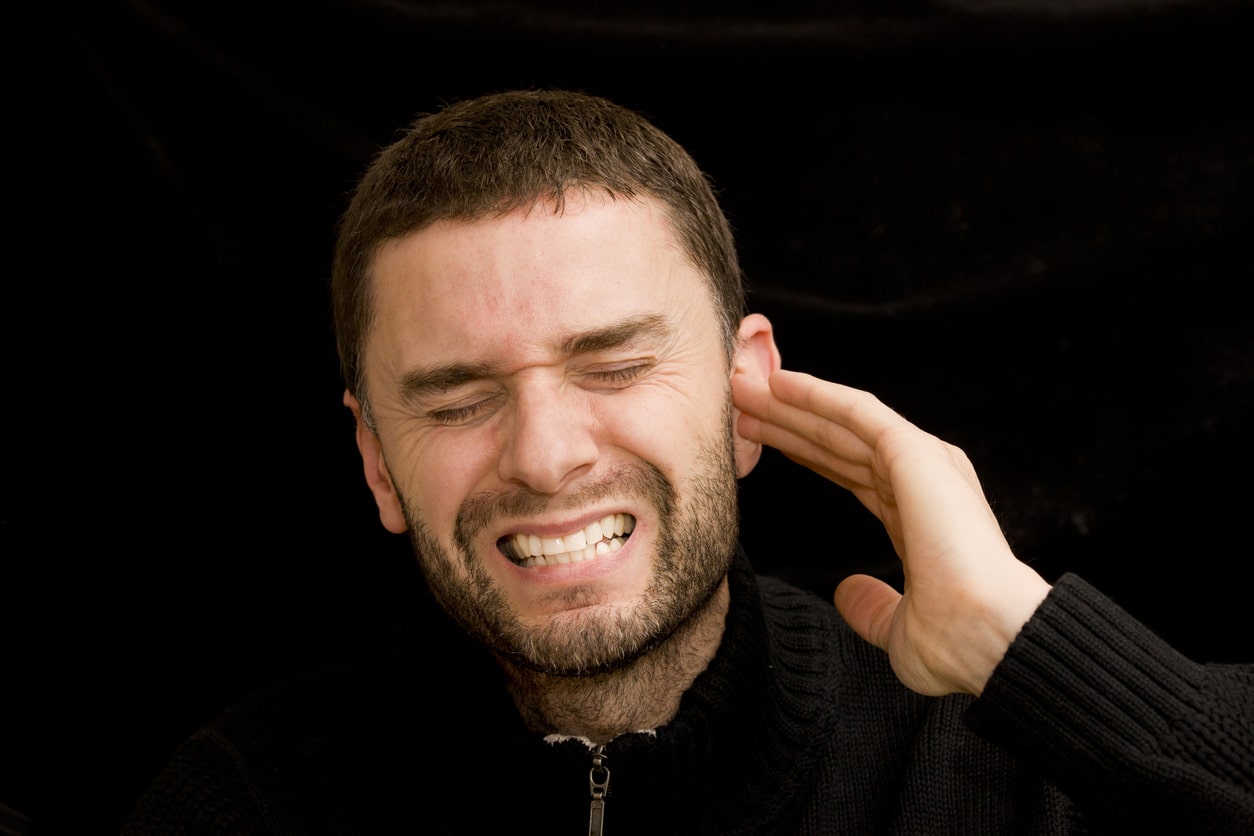Your eardrum is known by doctors as your tympanic membrane. Sometimes, certain conditions can cause the tympanic membrane to bulge. We review some of these conditions and how they’re treated below.
Middle Ear Infections

Middle ear infections, also known as otitis media, are the most common type of ear infection and a common cause of a bulging eardrum.
This type of infection is most common in children. This is because their Eustachian tubes, which connect the middle ear to the back of the throat and allow fluid to drain and air pressure to equalize, are shorter and more horizontal than adults’. This means fluid becomes trapped behind the eardrum more easily.
In many cases, an ear, nose and throat (ENT) physician will recommend a wait-and-see approach to middle ear infections. If they suspect bacteria is present, however, they will prescribe antibiotics, which you can pick up at local pharmacy.
Ear Trauma
Because the eardrum is so thin, it is very delicate and susceptible to damage. Types of ear trauma that can cause the eardrum to bulge include:
- Foreign objects in the ear, like a cotton swab.
- Acoustic trauma, caused by exposure to dangerously loud noises.
- Head injury, possibly the result of a bike or automobile accident.
- Barotrauma, sometimes the result of diving.
An ENT physician can examine the ear to see the extent of the damage, then prescribe treatment from there.
Bullous Myringitis
This type of ear infection causes small blisters to form on the eardrum. It may be caused by a virus or bacteria. It often occurs alongside a middle ear infection.
In many cases, bullous myringitis is treated with antibiotics, but sometimes the blisters also need to be lanced off.
Swimmer’s Ear
This is another type of ear infection, but it occurs in the outer ear canal. It is caused by water being trapped in the ear canal and bacteria growing in it. If the infection spreads down the ear canal, it can cause the eardrum to bulge.
Swimmer’s ear may be treated with a combination of medications, including antibiotics, antifungals and steroids.
For more information or to schedule an appointment with an ear expert, call Ear, Nose & Throat Associates today.